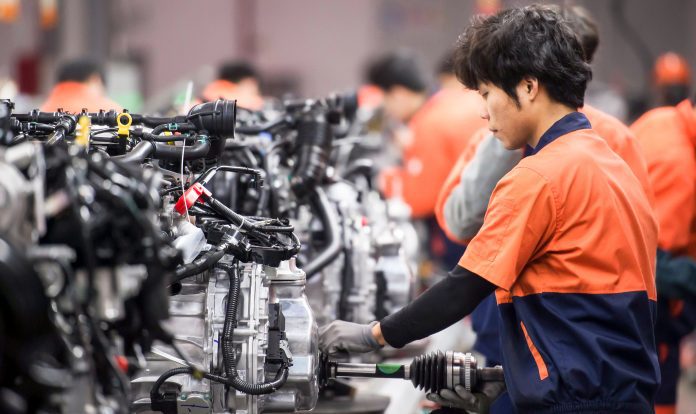According to a report by U.S. Senator Ron Wyden, BMW, Jaguar Land Rover (JLR), and Volkswagen have sourced parts from a company on a U.S. import ban list due to alleged links to Chinese forced labor. This revelation follows a monthslong investigation led by Wyden, chair of the Senate Finance Committee, which highlighted significant enforcement gaps and called for stronger measures by U.S. Customs and Border Protection (CBP).
Wyden’s report states that these automakers had parts in their supply chains made by Sichuan Jingweida Technology Group, a company under an import ban for forced labor concerns. Even after being alerted to potential forced labor links, BMW reportedly imported at least 8,000 Mini Coopers with components from this supplier. JLR and Volkswagen also disclosed that they used parts from the same supplier, which led to shipment delays at U.S. ports.
“Automakers’ self-policing is clearly not doing the job,” Wyden said. He urged CBP to enhance enforcement efforts to prevent importing goods made with forced labor, emphasizing the inadequacy of current industry self-regulation.
CBP has yet to comment on the report, and Senator Mike Crapo, the Finance Committee’s top Republican, did not participate in the investigation. His office did not respond to requests for comment.
The 2021 Uyghur Forced Labor Prevention Act (UFLPA) has increased pressure on businesses to ensure their supply chains are free from forced labor, particularly from China’s Xinjiang region, home to the Uyghur minority. China denies any human rights abuses in Xinjiang.
BMW, JLR, and Volkswagen have each responded to the findings. BMW acknowledged the complexity of its supply chain and emphasized its commitment to monitoring and adapting its policies to meet strict standards. JLR stated it halted shipments and set aside affected inventory for destruction upon learning of its supplier’s Entity List status. Volkswagen stressed its commitment to preventing forced labor in its supply chain and highlighted its prompt actions to replace the problematic part.
Wyden’s investigation, initiated after a Sheffield Hallam University report indicated global automakers might be using components made in Xinjiang, also targeted other automakers. The Committee plans to continue its probe, calling on the administration to add more entities to the Entity List and criticizing the reliability of audits conducted within China.
Nevertheless, Wyden’s report underscores the need for more robust enforcement tools to combat forced labor in global supply chains, advocating for stronger actions to uphold human rights standards.





